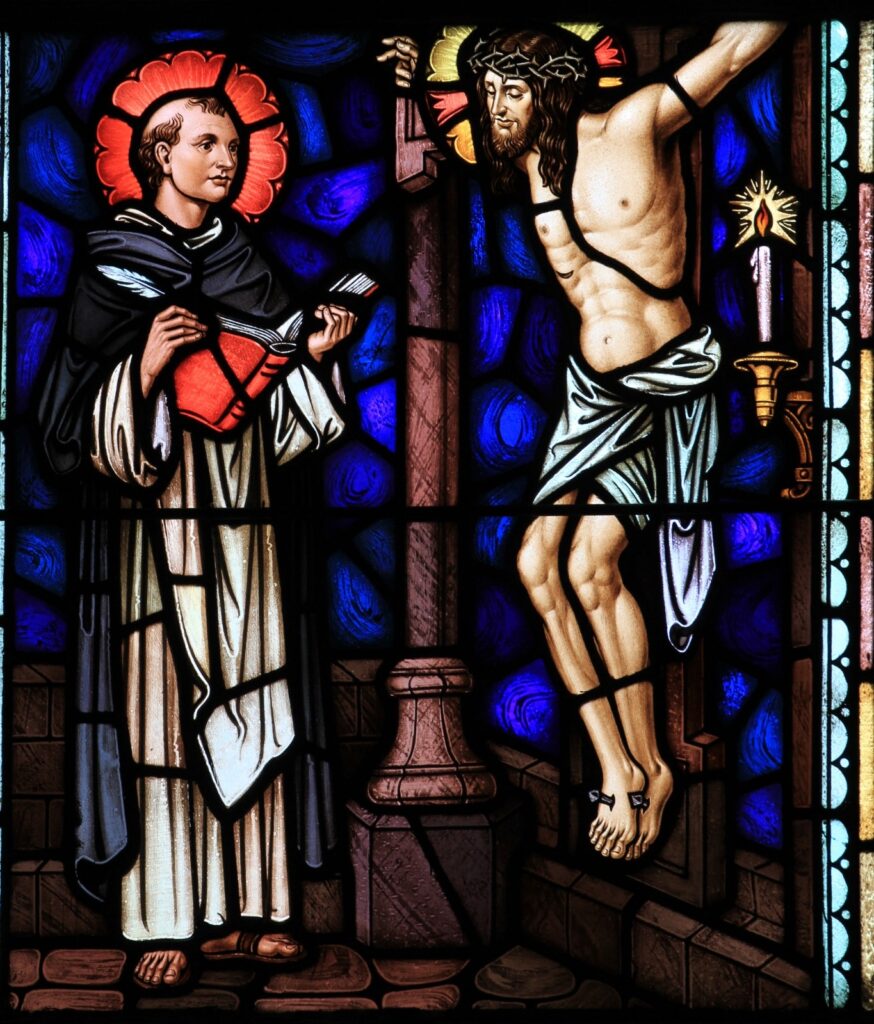Fausto Gomez OP
Theology is God talk, the knowledge of God, the science of God: the science of Christian revelation, “the science which seeks to understand and forever rearticulate the life-giving Good News of God in Christ Jesus” (Timothy E. O’Connell). Theology has spiritual, pastoral and even “political” dimensions and ought to be always a contextualized, lived and prayerful theology.
Theology is one science: God is One. It takes up everything within God’s horizon. Theology speaks of God and the things that have a relationship with God, either as principle or as end. Theology has no subjective or specific parts. It has, however, different integral parts – different treatises. Theology is orthodoxy and orthopraxis, and is mainly divided, according to content, into dogmatic and moral theology, both parts of one theology: dogmatic theology has moral consequences, and moral theology, dogmatic premises. Dogmatic Theology guides people on the contemplation of the truth about God One and Triune and his Creation: it is orthodoxy. Moral Theology shows women and men how to do the truth in love: it is orthopraxis.
Christian faith is faith and morals. Indeed, Christianity is not a morality, but radically an experience of the paschal mystery, a personal encounter with the Crucified and Risen Lord in the community of faith. However, Christianity necessarily implies morality, a way of being and acting. Once a person believes in Christ, she or he will inevitably face this moral question: “What must I do” (Acts 2:37), or “Who must I be and become.”
The human person is fundamentally a moral or ethical being, that is, he or she is radically free and responsible. People talk of moral, immoral or amoral people. An immoral person is one who, knowing what he should do, does not do it, or does the opposite. We call a person amoral when he does not have a moral sense, that is, he is blind to some moral values. A person is moral, we say, when he or she knows what is good and usually does it, and what is evil and ordinarily does not do it. Pascal defined ethics of morals as the art of living well as human beings.
A person, a Christian, is moral if he or she is good and does good actions. A morally good person has good, loving options, attitudes and actions, good loving thoughts, words and deeds. St Francis of Assisi says in his life written by Carlo Carreto: “What counts is not to do, but to love.” (Cf. Act 2:37; Veritatis Splendor, 110).
According to St Thomas Aquinas, moral theology studies the human person as the image of God. The human person is the image of God, and moral theology points out to him or her the way to be a good image of God, that is, a good creature and child of God, and a brother or sister of all others, and a creature in the universe. Moral Theology points out to all the way to follow Jesus Christ, the road to his disciples, who acknowledge the equal dignity of all human beings and their equal inalienable human rights. The Catechism of the Catholic Church begins its treatise of Christian Ethics or Moral Theology, entitled Life in Christ, with a marvelous text of St Leo the Great: “Christian, acknowledge your dignity” (CCC, III, no. 1691).
The Angelic Doctor gives a second definition of Moral Theology: “Moral Theology studies the movement of the rational creature towards God” (STh, I, 2, Prol.). This second definition stresses the fact that life is a movement towards personal, communitarian and ecological realization. It is becoming more what one is on the journey to God: to happiness, to perfection, to love – to heaven. Theological ethics is the science of Christian praxis, “the science of what man ought to be by reason of what he is” (A. G. Sertillanges). Indeed, Moral Theology is a science, a normative science: the science of what man ought to be (man is a project, a becoming), by reason of what s/he is (a creature and child of God, a sister/brother to all, and a creature of the universe). As someone has said, the human person is reality (what he or she is) and possibility (what he or she can become). The task of Moral Theology, a practical science, is to guide Christians – men and women of good will – to become authentic human beings, that is, free and responsible, and good Christians, that is, true followers of Christ.
When classical theologians speak of morality in fundamental moral theology, they refer to an essential characteristic of the human acts as good or evil. In this case,morality is a quality of the human actions in relation to their norms (God, right reason and conscience). Human acts are good if they are in conformity with the basic moral norms, and evil if not in conformity with these norms: radically, in conformity or nonconformity with natural law, or the law of being human, with human nature and God’s will. In Christian perspective, the perspective of faith, ethics – Christian ethics – is grounded on loving God, who first loved us, and neighbor (cf. Matt 22:37-39).
Christian morality is the morality of the imitation and following of Christ, of communion with him in life and love, of ascending identification with him. Moral theology, morality is clearly grounded on spirituality, on God’s grace and love, and leads to deeper experience of and loving union with the Blessed Trinity – and to eternal life with God.
Christian morality goes beyond human ethics: “What makes it religious and Christian is our belief that the One to whom we are ultimately responding in and through all the relationships of our life is God, revealed in Jesus as the love we ultimately desire… In this sense, the moral life is like worship. It is a response to the experience of God, and so it is spiritual in its roots” (Richard Gula).


 Follow
Follow


